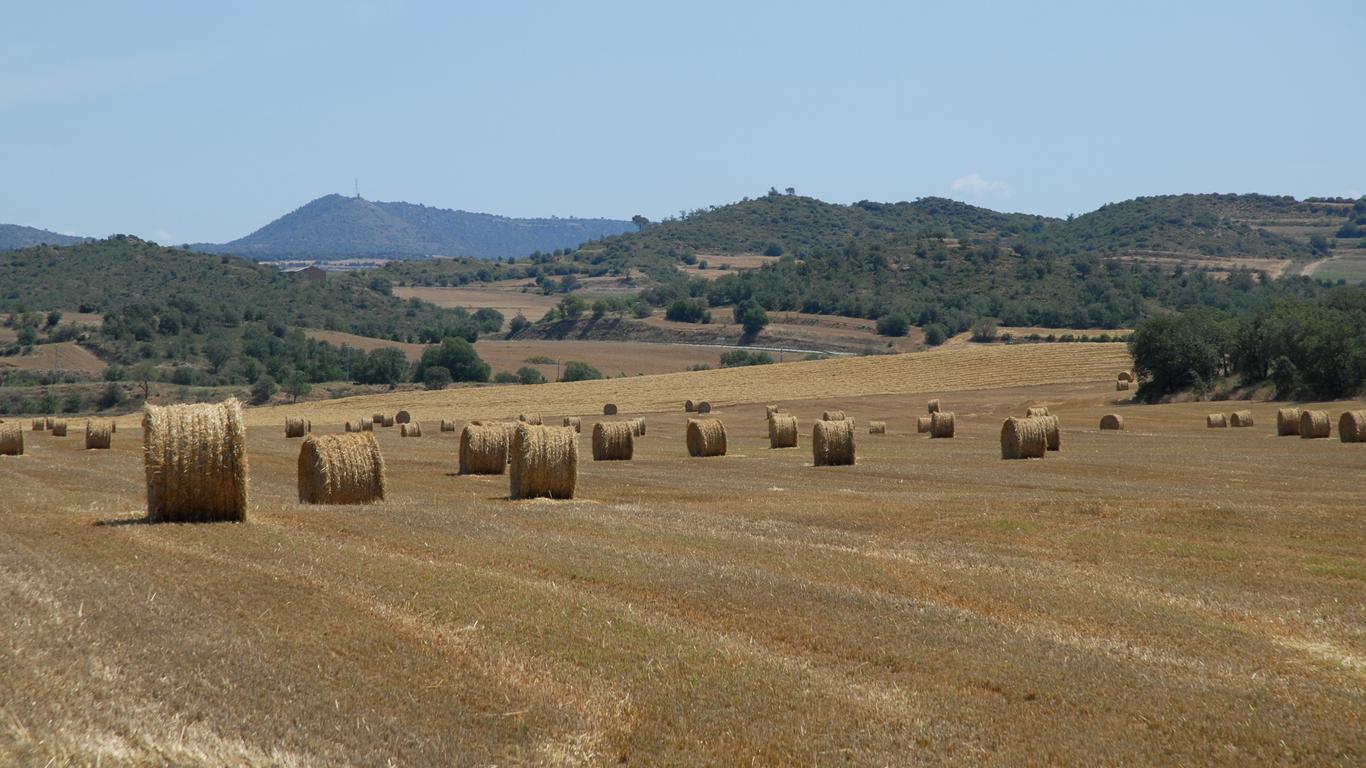Evocative and enchanting, Catalonia is an autonomous region in the far northeast of Spain, bordering France and Andorra. It's home to some of Europe's most well-known destinations and winds along the Mediterranean. From the beaches of the Costa Brava to the Pyrenees Mountains, the capital of Barcelona to a string of historic towns, Catalonia has enough to hold visitors captive for weeks on end.
Barcelona is the biggest draw, an ancient city that combines beaches, old-world streets, Gaudi's Modernism architecture, plus enough attractions and neighbourhoods to fill a whole week of exploration. To the north of the Barcelona province is Girona, where the beaches of the Costa Brava have a gorgeous backdrop of the mountains. Lloret to Mar is the most famous of the beach resorts, but there are also many much quieter strips of sand like Tossa de Mar. Girona town's streets showcase a wonderful collection of Catalonia's architectural wealth, while the Dali Museum in Figueres is excellent.
Tarragona province lies to the south of Barcelona province, and the beaches are usually less well trodden here compared to that of Salou. The seaside region is known as Costa Daurada, which translates as “Golden Coast”. Tarragona, the city, is an ancient Roman capital with a World Heritage seaside amphitheatre and a maze of culinary and cultural delights. Nearby is Reus, the birthplace of Gaudi. The inland Lleida province is dominated by the Pyrenees mountains and many remote trails wind through valleys dotted with vineyards and charming villages.
Barcelona is the transport hub for Catalonia, home to the large Barcelona-El Prat Airport and major stations on the AVE high-speed rail line. Girona town and Tarragona province are well-connected by rail but public transport to other destinations, such as the Costa Brava, can be sporadic. Many people choose to hire a car. Girona Airport is a big Ryanair hub and an alternative entrance point to Catalonia.
Catalonia played a huge role in Europe's move towards democracy, creating one of the first parliamentary bodies that prohibited monarchs from creating laws unilaterally.





